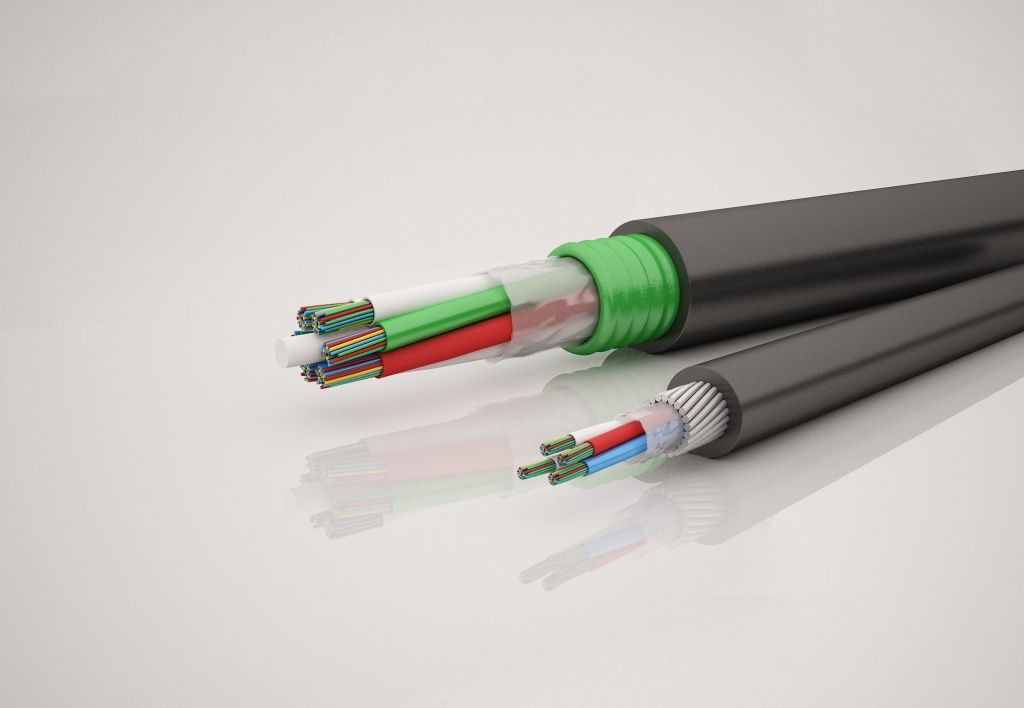Description
Optic cables are a transmission medium that is close to ideal. At
the moment and in the near future, there is no alternative to
them as a physical medium for data transmission.
Technology park
As the policy of factory assumes release of production of the
highest quality, only world-famous companies having a wide
experience in manufacture of the specialized equipment are defined
as suppliers: Rosendahl, Maillefer and Nextrom.
Advantages of fiber optics
• High signal transmission speed (fiber optic communication line
(FOCL) can transmit information at a speed
of about 1012 bps).
• Transmission of the signal over long distances without the use of
amplifiers (due to the very small attenuation
of the fiber fiber optic signal).
• High capacity of transmitted data.
• Difficult to access for unauthorized use (it is technically very
difficult to intercept a signal transmitted via FOCL
without being noticed).
• Increased resistance of FOCL to electromagnetic interference.
• Electrical safety of fiber optic communication lines (FOCL). The
absence of spark formation in the optic fiber
is especially important when operating the fiber at chemical and
oil refining plants.
• Considerable service life of fiber optic lines (at least 25
years)
Types of produced fiber optic cables
1. For laying in cable ducts and protective polyethylene pipes,
unarmored.
2. For laying in cable ducts, armored with steel corrugated
tape.
3. Suspended with a remote power element (with supporting steel
rope or fiberglass rod).
4. Suspended self-supporting (with aramid threads or fiberglass
threads).
5. For ground laying, armored with steel wire.
CONSTRUCTION.
1. Central power element metal or
dielectric.
2. Optic fiber.
3. Optic module polybutylene
terephthalate.
4. Optic modules located around the
CPE.
5. Hydrophobic compound or water-blocking
threads and tapes.
6. Sheath polyethylene or non-combustion
material; material with low smoke and gas emission for the
version "ng(C)-LS".
